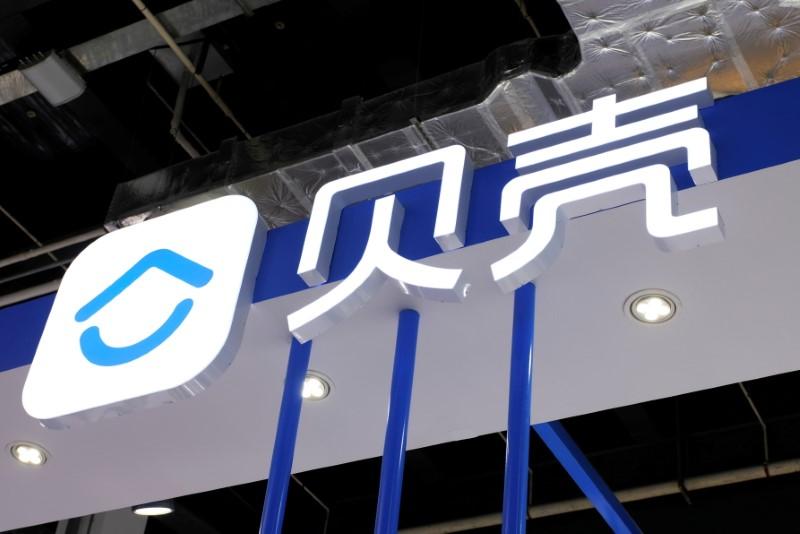BEIJING—Fretting about unprecedented regulatory heat for China’s tech sector, some companies are no longer waiting for any official reprimands that may or may not be forthcoming.
Instead, eager to pre-empt authorities, they’ve decided to “self-correct”, imposing restrictions on, or even walking away from their own businesses.





